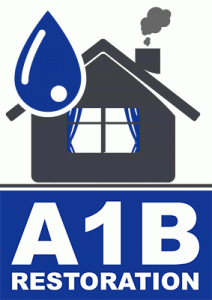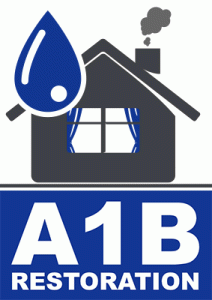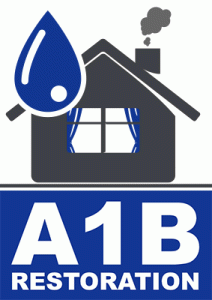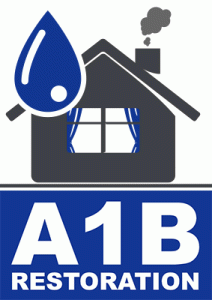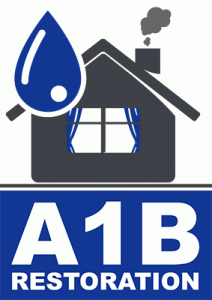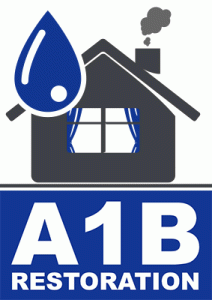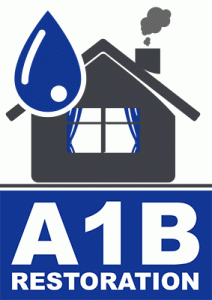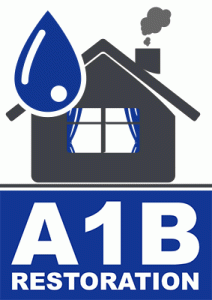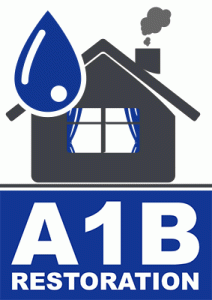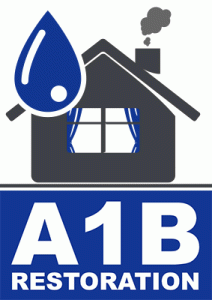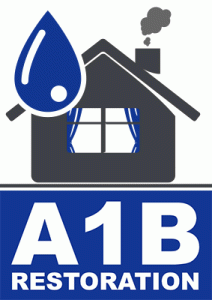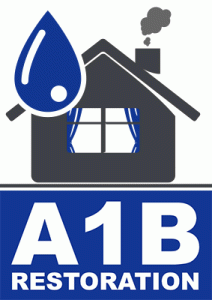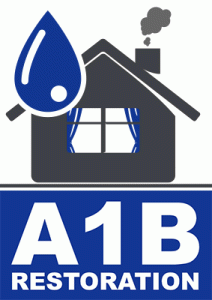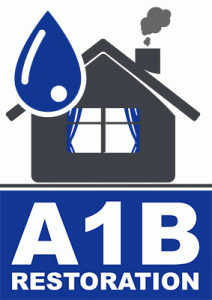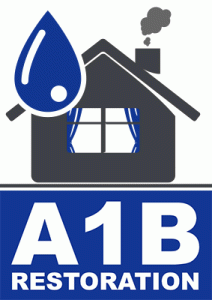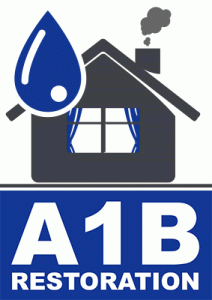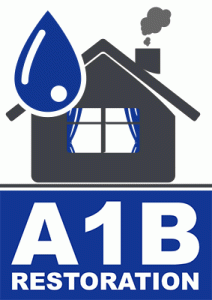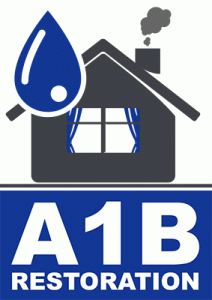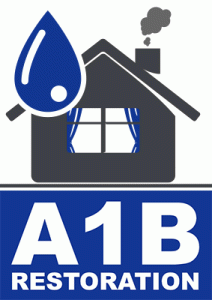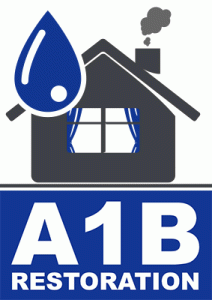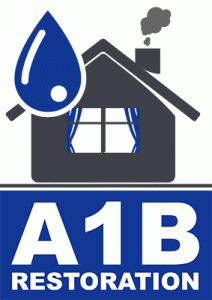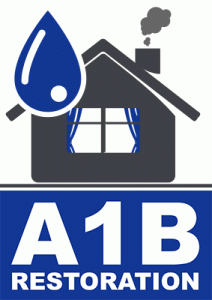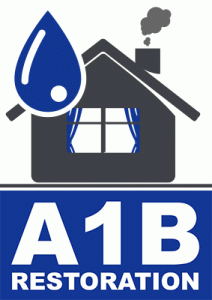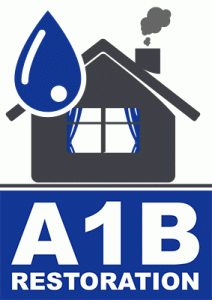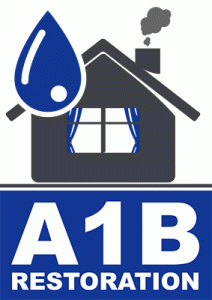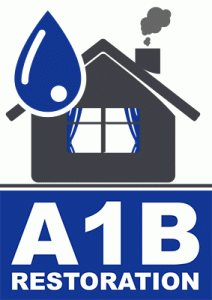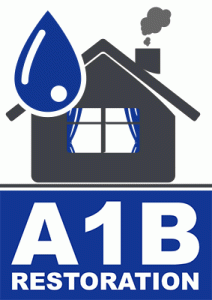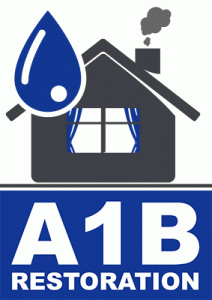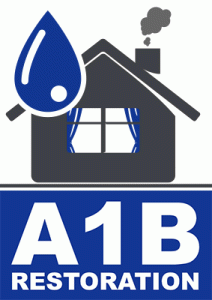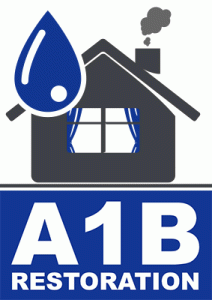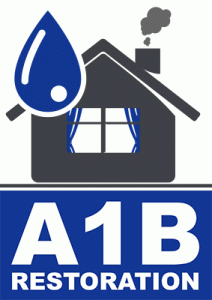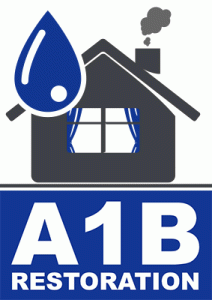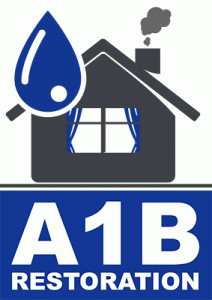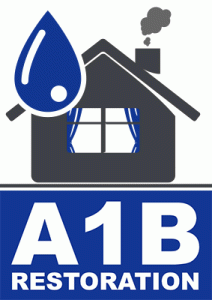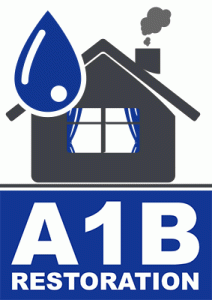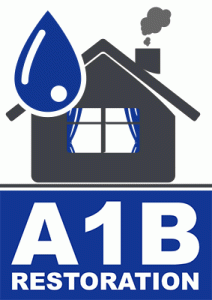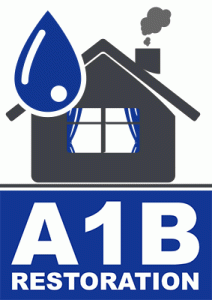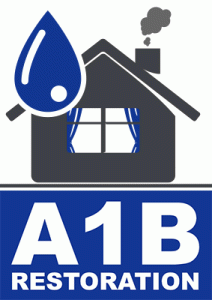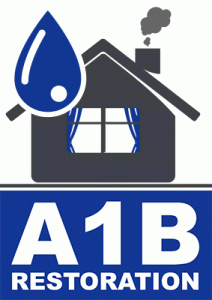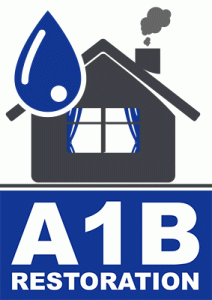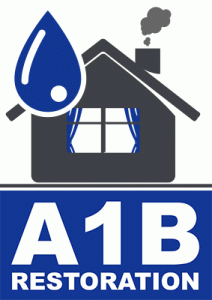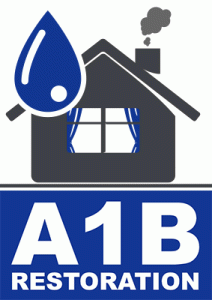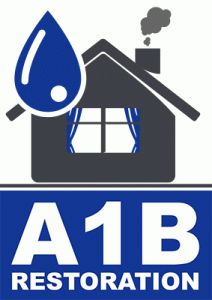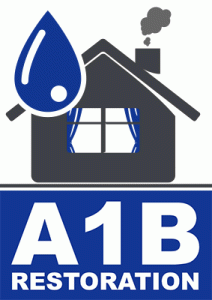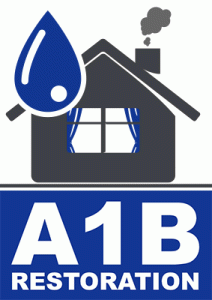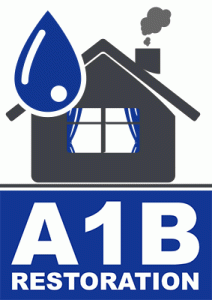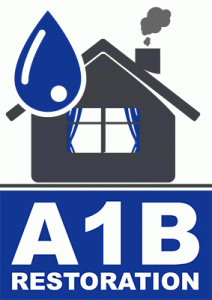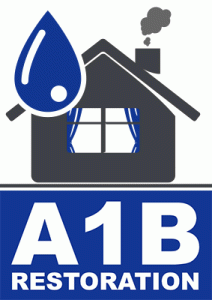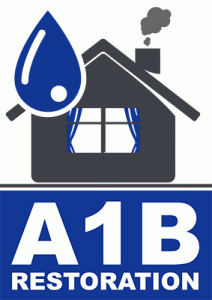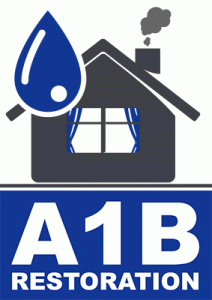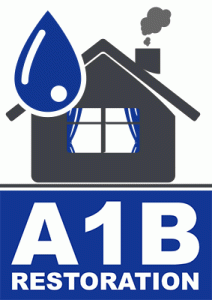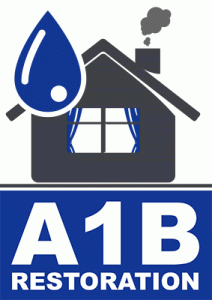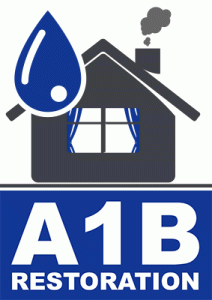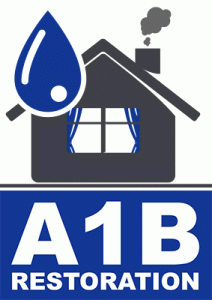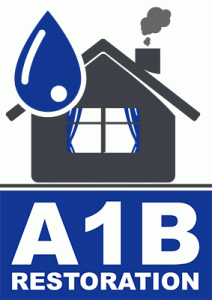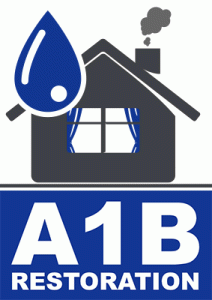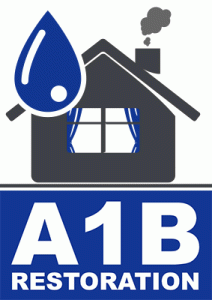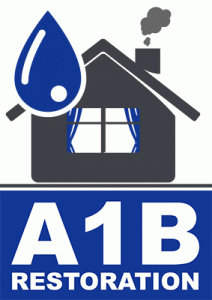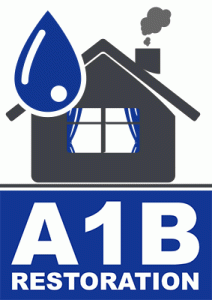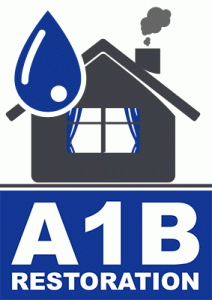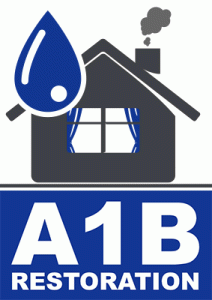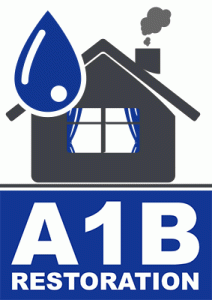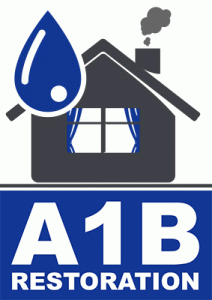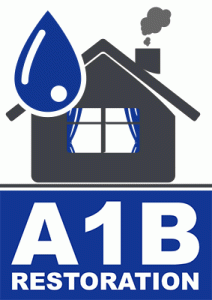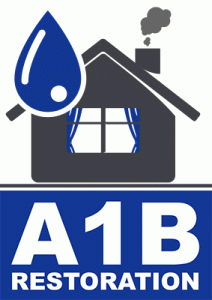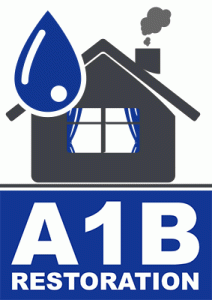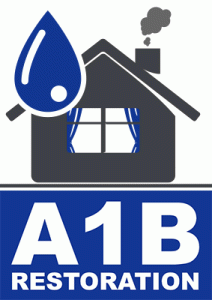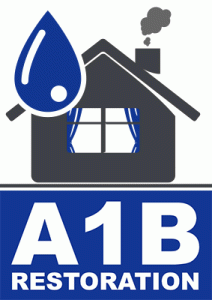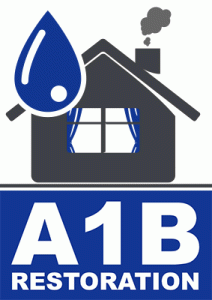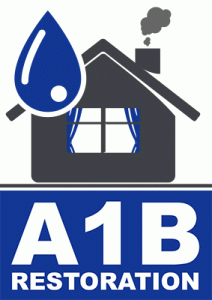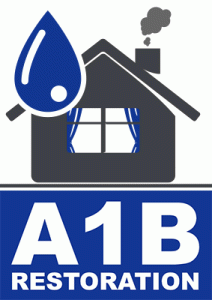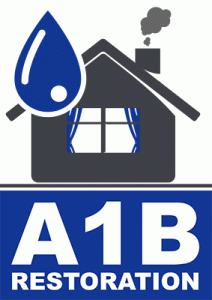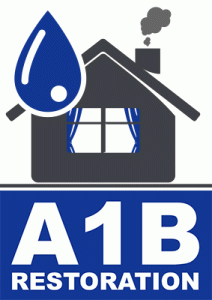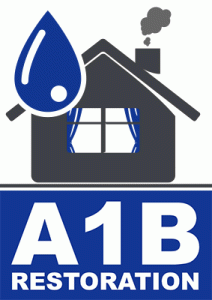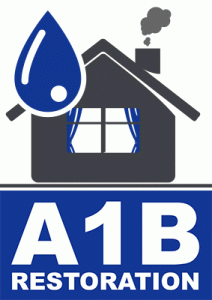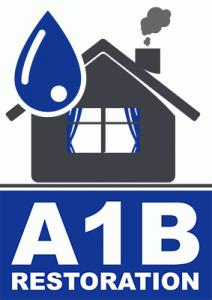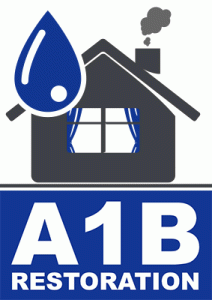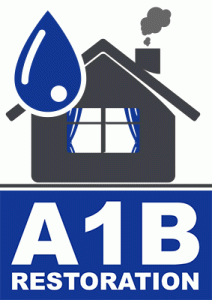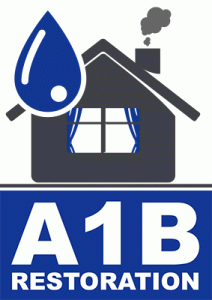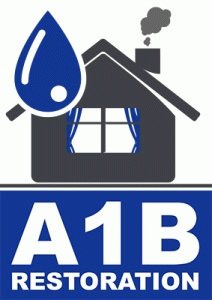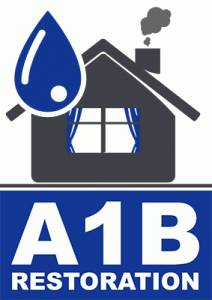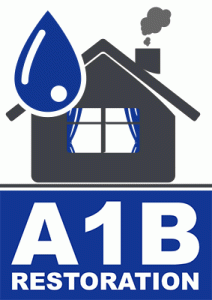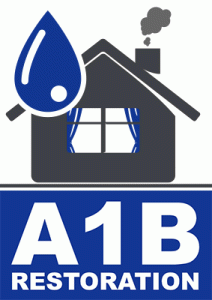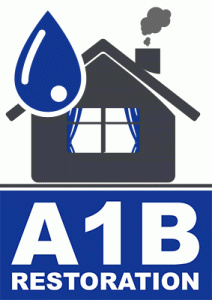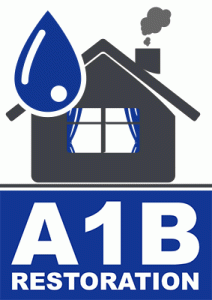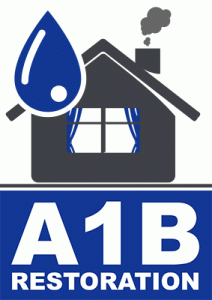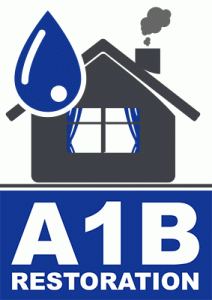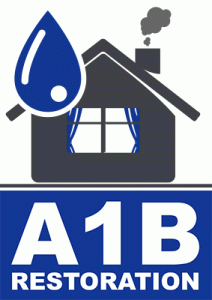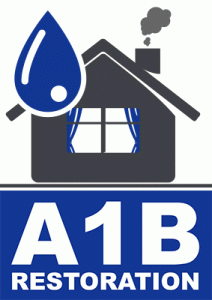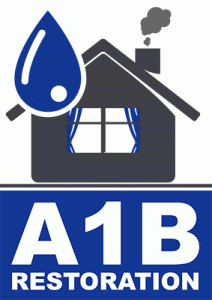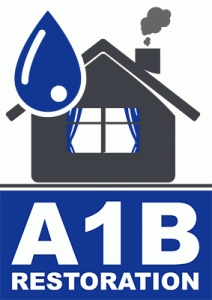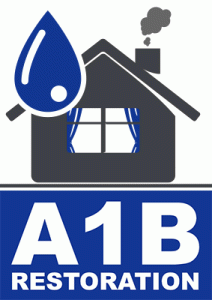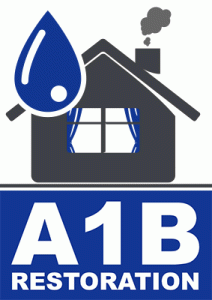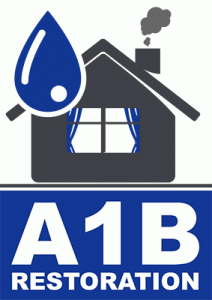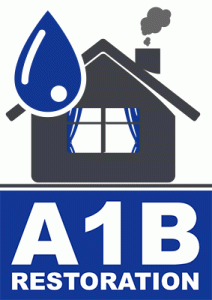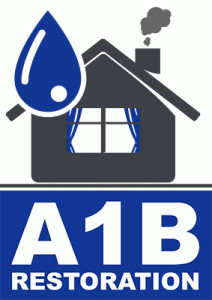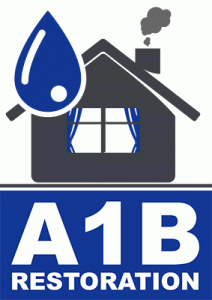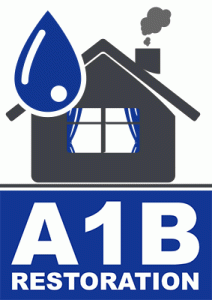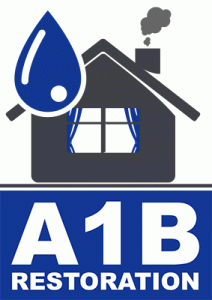The Role of a Water Remediation Company in Disaster Recovery
In the wake of natural disasters such as floods, hurricanes, or tsunamis, the immediate focus is often on saving lives and providing emergency relief. However, once the initial crisis is managed, the road to recovery involves extensive cleanup and restoration efforts. This is where the role of a water remediation company becomes pivotal. These companies are specialized in restoring water-damaged environments to their former state, ensuring safety, and preventing future issues. In this blog post, we will delve into how water remediation companies fit into the larger landscape of disaster recovery.
Understanding Water Remediation
Water remediation involves the process of cleaning, drying, sanitizing, and restoring areas affected by water damage. This can result from natural disasters or other incidents like burst pipes or sewage backups. According to the Environmental Protection Agency (EPA), water damage is a leading cause of structural deterioration in buildings, potentially leading to long-term health risks due to mold and mildew.
The Importance of Immediate Action
Time is of the essence when it comes to water damage. Studies show that mold can begin to grow within 24 to 48 hours of water exposure. Immediate action by remediation experts is crucial in minimizing damage and health risks. Water remediation companies employ high-powered equipment and specialized techniques to remove water and moisture quickly.
Advanced Water Extraction Techniques
Water remediation companies use advanced extraction tools to rapidly remove standing water. These include submersible pumps, industrial wet/dry vacuums, and truck-mounted extraction units. By employing these tools, companies can significantly reduce drying times and the potential for further damage.
Dehumidification and Drying
Dehumidifiers and air movers are used to eliminate moisture from the air and surfaces. This step is essential to prevent mold growth and ensure the environment is safe for rebuilding efforts. Thermal imaging cameras and moisture meters help track progress and ensure thorough drying.
Comprehensive Cleaning and Sanitization
Once the water is removed, the next step is cleaning and disinfecting. Contaminated water, especially from floods or sewage backups, can harbor bacteria, viruses, and other pathogens. Water remediation companies use industrial-grade cleaning agents to sanitize affected areas, ensuring they are safe for habitation.
Restoration and Repairs
After cleanup, the focus shifts to restoring and repairing damaged structures. This may involve replacing drywall, flooring, and insulation, and repairing electrical or plumbing systems. The goal is to return the property to its pre-damage condition, both aesthetically and functionally.
Preventing Future Damage
A significant aspect of water remediation is implementing measures to prevent future water damage. This includes:
- Installing sump pumps and backflow valves to prevent basement flooding.
- Sealing cracks in walls and foundations to prevent water ingress.
- Installing proper drainage systems around the property.
By taking these preventive steps, property owners can reduce the risk of repeated damage during future disasters.
The Economic Impact of Water Remediation
The economic benefits of water remediation are substantial. The Federal Emergency Management Agency (FEMA) estimates that every dollar spent on mitigation saves six dollars in future disaster costs. By investing in water remediation services promptly, property owners can avoid the far greater costs associated with prolonged damage and health issues.
Choosing the Right Water Remediation Company
When selecting a water remediation company, consider the following tips:
- Verify credentials and certifications, such as those from the Institute of Inspection Cleaning and Restoration Certification (IICRC).
- Check reviews and testimonials from previous clients.
- Ensure the company offers 24/7 emergency services.
- Request a detailed estimate before beginning any work.
Conclusion
In the aftermath of a disaster, the role of a water remediation company is crucial in the recovery process. By quickly and effectively addressing water damage, these companies protect not only properties but also the health and safety of their occupants. With the right approach and professional assistance, recovery from water-related disasters can be swift and comprehensive.
For those facing the daunting task of disaster recovery, choosing a reputable water remediation company can make all the difference in restoring their homes and lives to normalcy. By understanding the process and benefits of water remediation, you can make informed decisions that safeguard your investment and well-being.
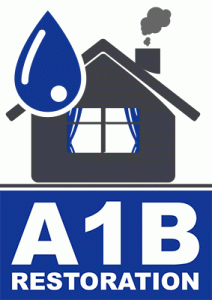
Lewisville TX water damage restoration companies near me
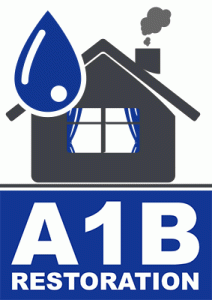
restoration services water damage North Richland Hills Texas
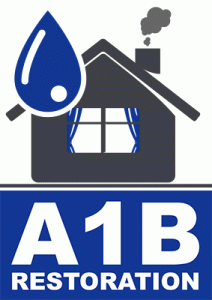
residential water damage restoration Preston Hollow Dallas Texas
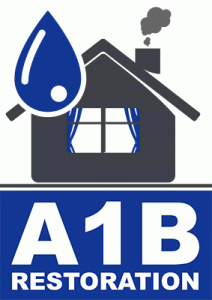
water mitigation company near me Richardson Texas
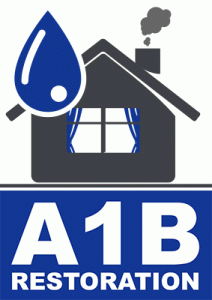
emergency water clean up Preston Hollow Dallas Texas
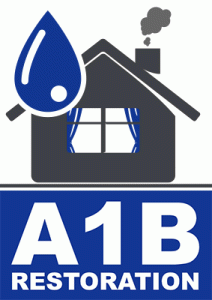
residential water damage restoration Sachse Texas
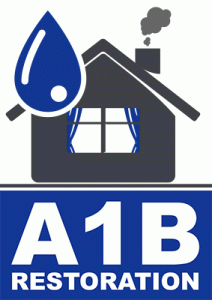
Lakewood Dallas TX water damage restoration companies near me
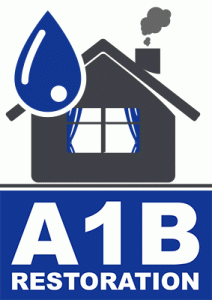
residential water damage restoration Denton Texas
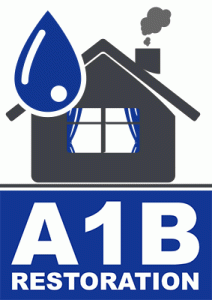
Lakewood Dallas TX home water damage restoration
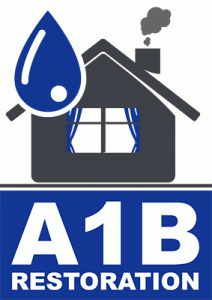
water damage restoration services near me Plano Texas
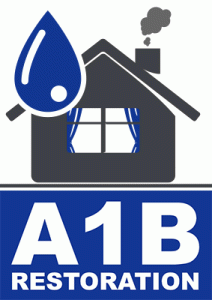
emergency water damage restoration Mesquite Texas
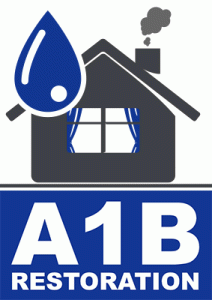
restoration of water damage Lakewood Dallas Texas
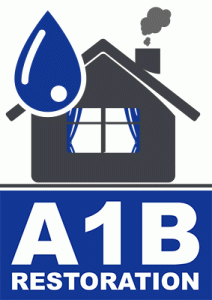
Lakewood Dallas Texas water damage restoration near me
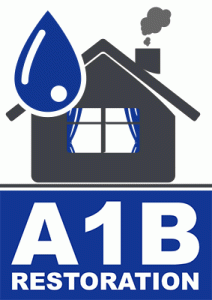
The Colony Texas water damage restoration service near me
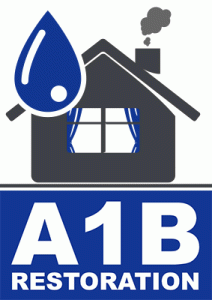
Lake Highlands Dallas Texas water damage restoration near me
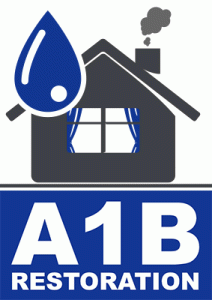
Highland Park Texas water damage restoration service near me
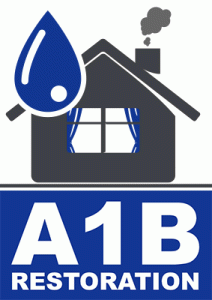
North Richland Hills Texas water extraction company near me
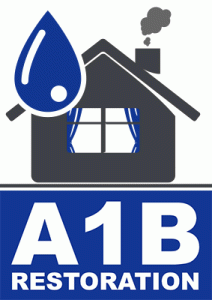
Highland Park TX water damage restoration companies
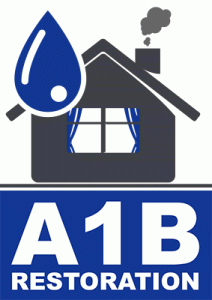
Bedford TX water damage restoration companies near me
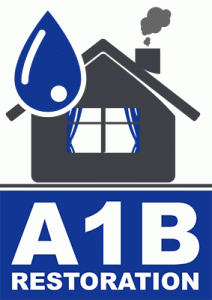
Arlington TX water damage restoration companies near me
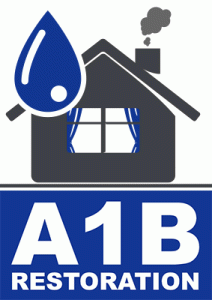
Royse City TX water damage restoration companies
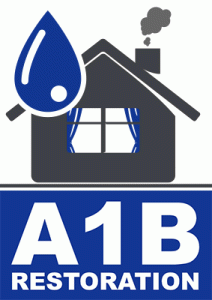
Sachse TX water damage restoration companies near me
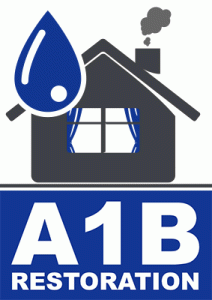
Preston Hollow Dallas TX water damage restoration services
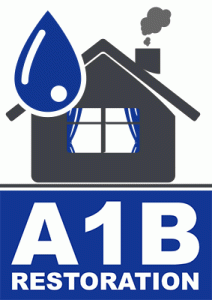
Plano TX water damage restoration companies near me
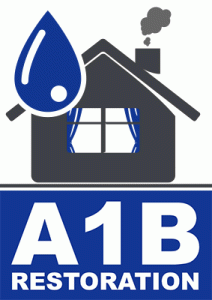
water remediation company near me Flower Mound Texas
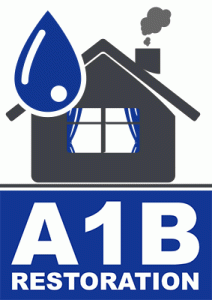
water restoration companies near me Garland Texas
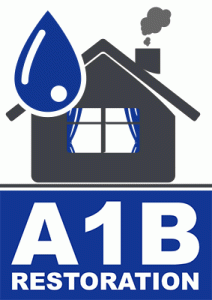
residential water damage restoration Duncanville Texas
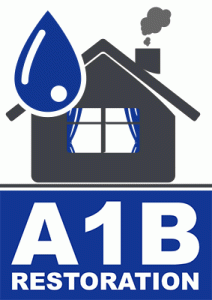
water damage and restoration companies Royse City Texas
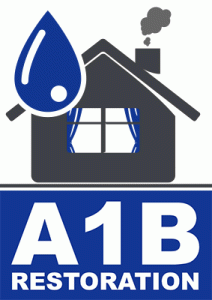
water restoration companies near me The Colony Texas
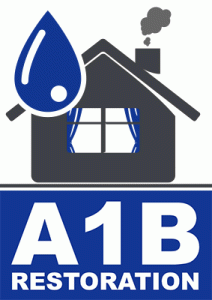
residential water damage restoration Flower Mound Texas
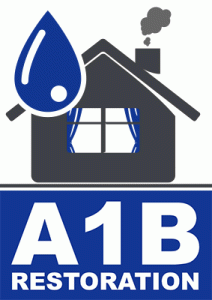
water damage and restoration companies Sunnyvale Texas
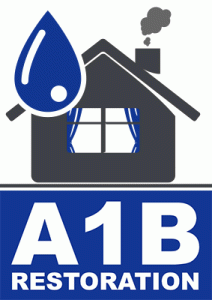
restoration services water damage Duncanville Texas
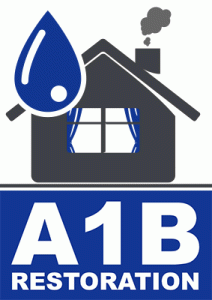
water damage restoration services near me Arlington Texas
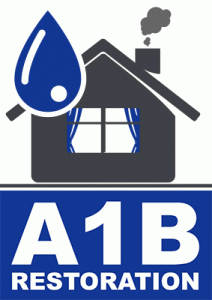
water mitigation company near me Duncanville Texas
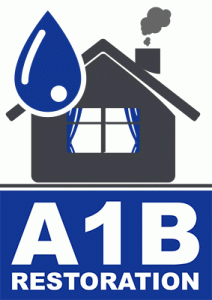
water damage restoration services near me Euless Texas
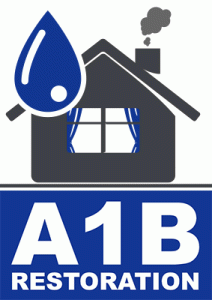
emergency water damage restoration Southlake Texas
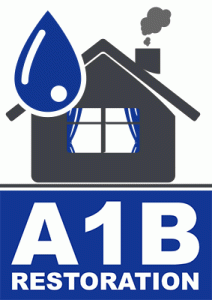
best water damage restoration near me Denton Texas
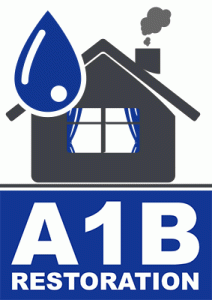
water remediation company near me Colleyville Texas
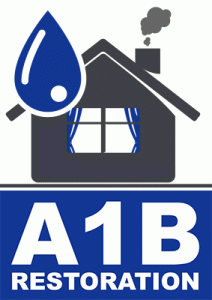
water damage and restoration companies Allen Texas
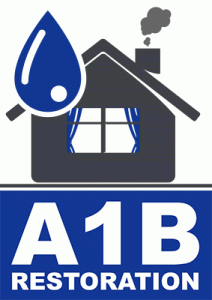
water damage restoration services near me Lavon Texas
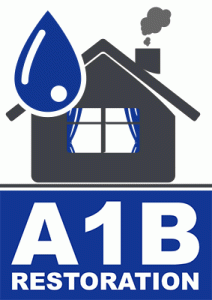
emergency water damage restoration Sunnyvale Texas
